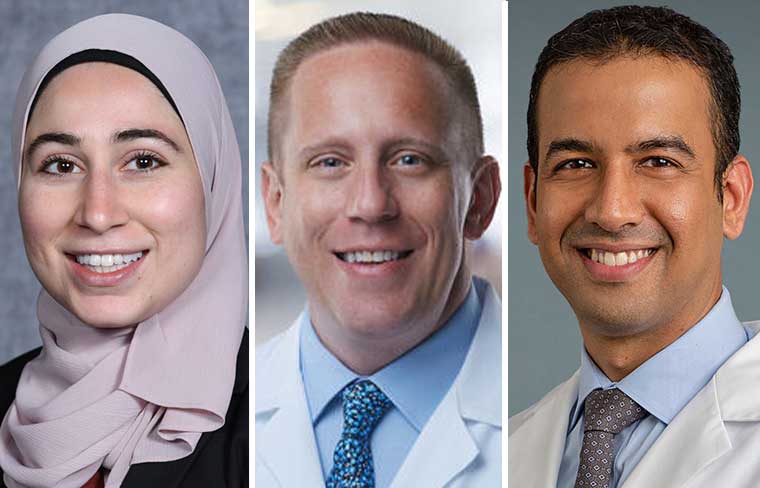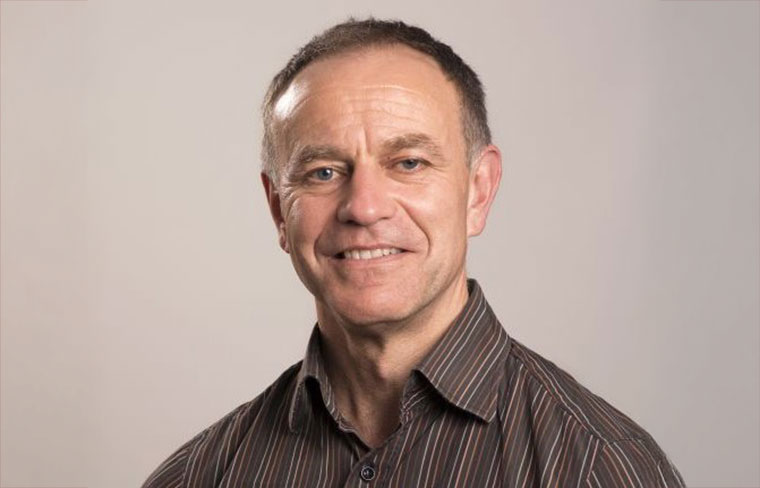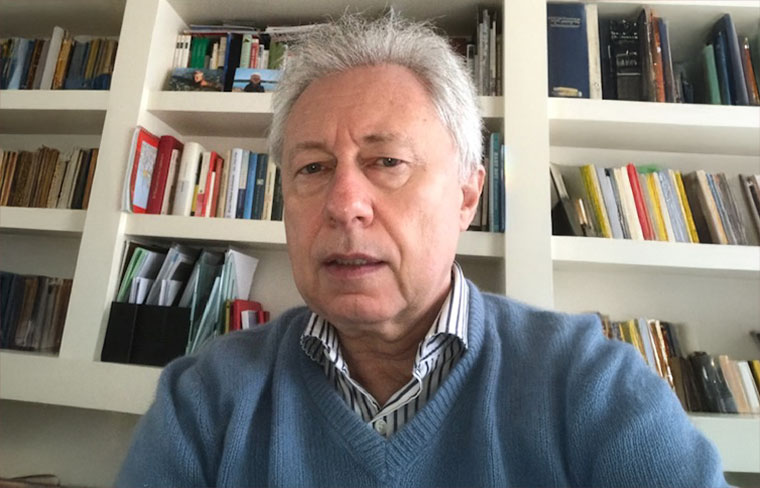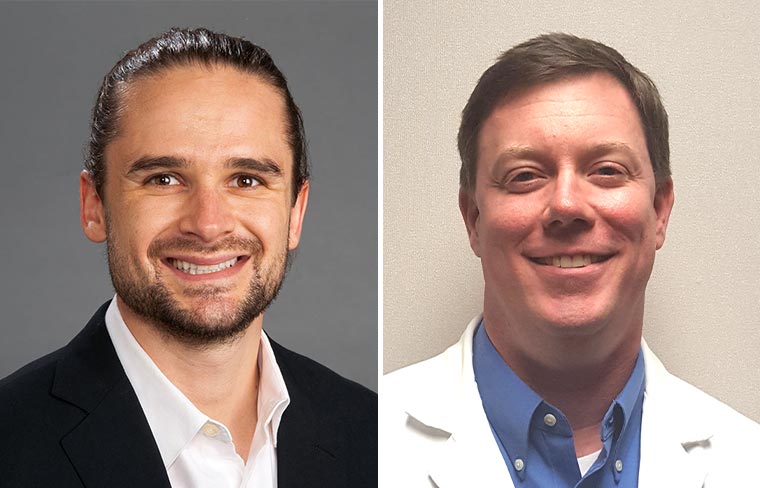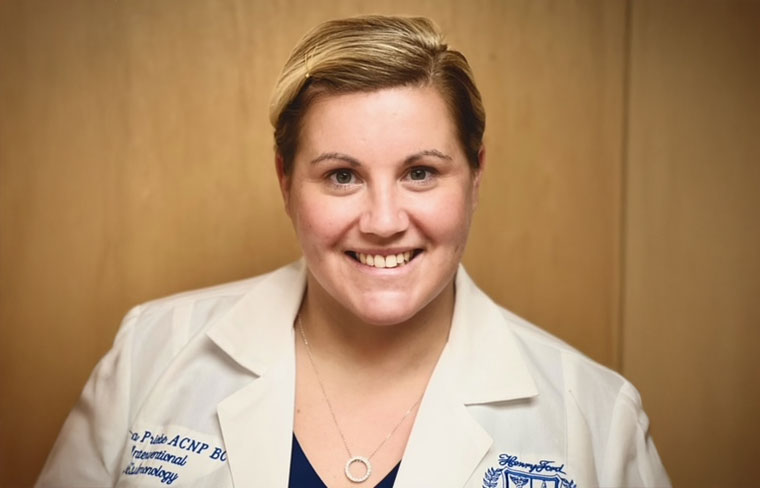CHEST Physician
-
Medical preparedness and critical care for the 2026 FIFA World Cup
In 2026, the FIFA World Cup will land in North America, whose health care infrastructure must be equipped to handle infectious disease threats, health care surges, mass casualty events, routine injuries, and chronic conditions.
-
Sex as a factor in endotracheal tube and tidal volume selection
Accounting for a patient’s sex and, by extension, height when considering invasive mechanical ventilation can inform personalized medicine in two key ways: endotracheal tube selection and tidal volume selection.
-
Denied, delayed, distressed
Prior authorization was designed to control costs and ensure appropriate care—but for many patients and clinicians, it causes treatment delays, denials, and administrative burdens.
-
UK trial finds propofol remains preferred ICU sedation agent
The recent A2B trial found that neither dexmedetomidine nor clonidine are superior to propofol and may increase risks of agitation and bradycardia.
-
As-needed albuterol-budesonide found to benefit mild asthma
Study author Craig LaForce, MD, and pulmonologist Kevin Fussell, MD, discuss findings from the BATURA trial and their clinical implications.
-
Probiotics shortened fever duration in children with upper respiratory tract infections
Investigator Carlo Agostoni, MD, said the data show probiotic use was associated with a median reduction of fever by two days compared with placebo.
-
Ketamine vs etomidate for intubation in patients who are critically ill
Commonly used for sedation for endotracheal intubation, these drugs are often selected for their favorable hemodynamic profiles.
-
Bronchoscopy: An emerging role for advanced practice providers
Bronchoscopy is becoming an increasingly common skill for a growing subset of interventional pulmonary and critical care APPs.
-
The emerging role of biologic therapy in asthma-COPD overlap
Biologics such as dupilumab, mepolizumab, benralizumab, and tezepelumab are an emerging option for select patients with asthma-COPD overlap, particularly those with T2-high inflammatory phenotypes.
-
Update on the evaluation and management of interstitial lung abnormalities
New guidelines from ATS outline the screening and follow-up procedures for interstitial lung abnormalities as well as define who is at higher risk for progressing to ILD.
